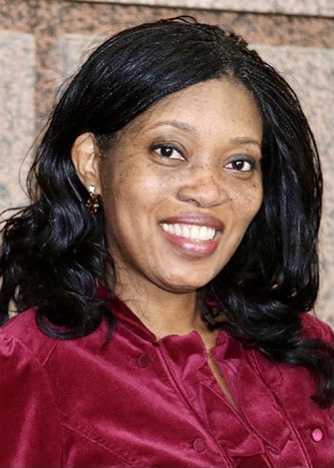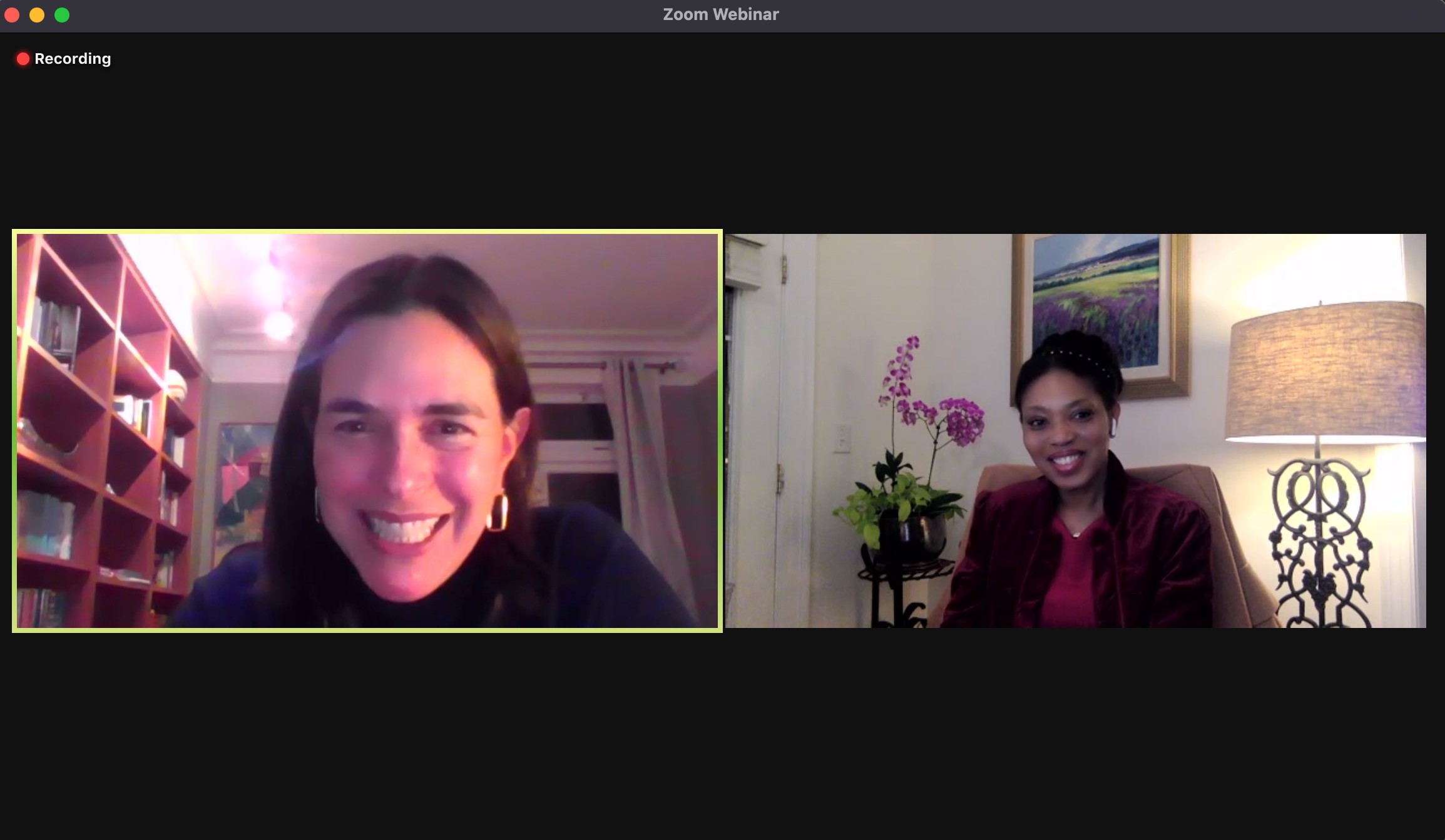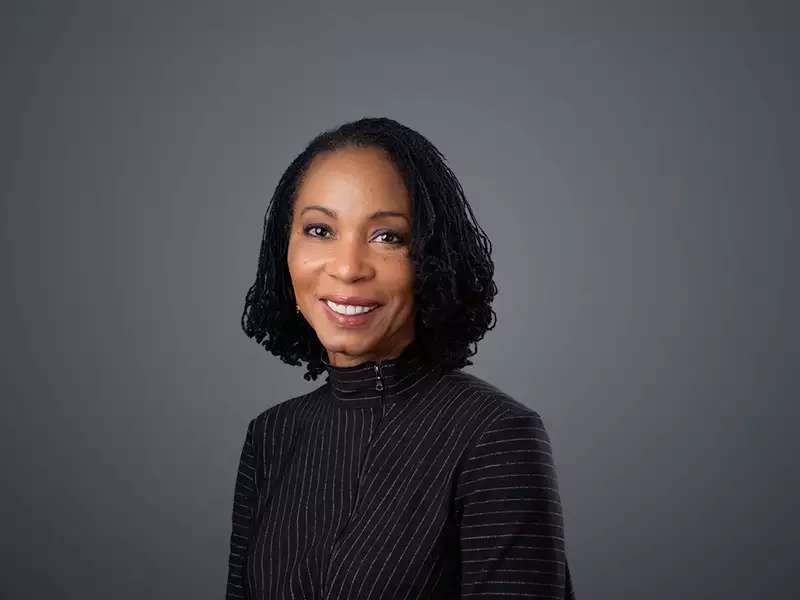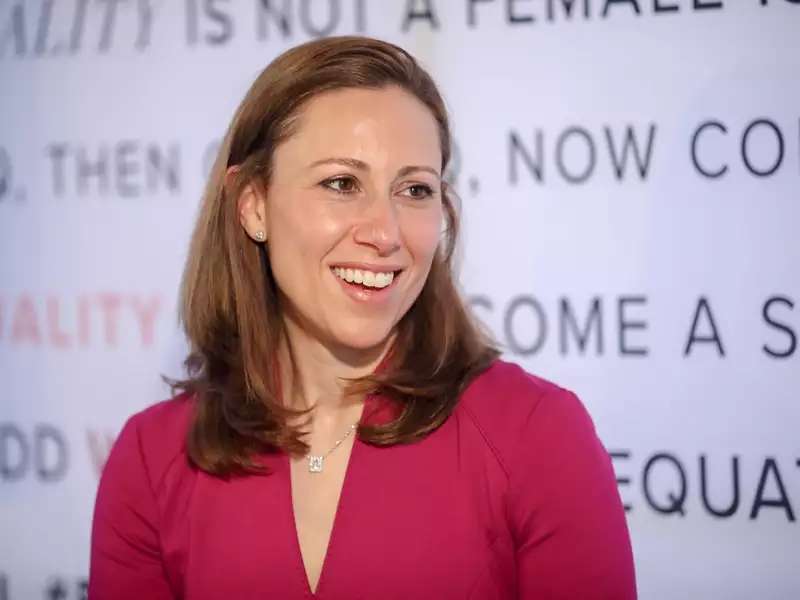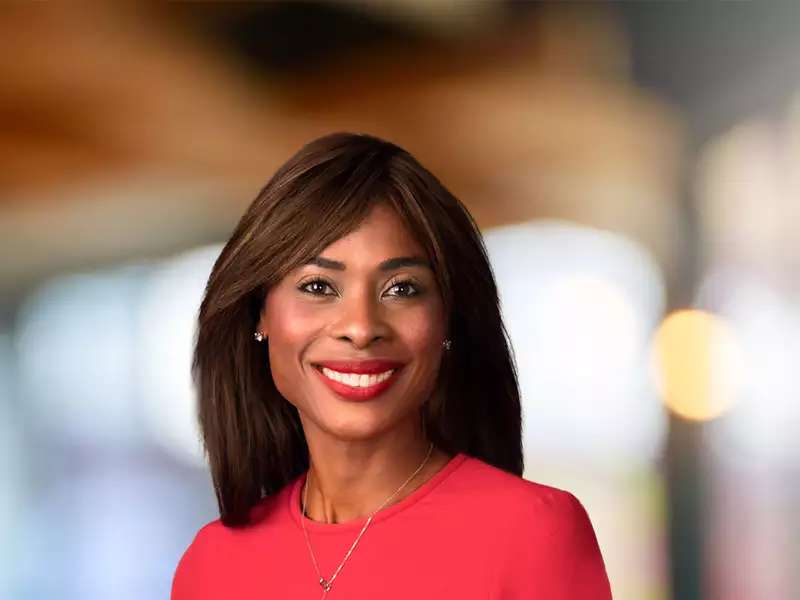Growing up in Ghana, Irene Dankwa-Mullan ’92, M.D., knew she wanted to go into global public health. She never would have guessed, however, that she’d end up working at the intersection of healthcare and technology to drive innovation in the field of health disparities.
That’s exactly what she does as chief health equity officer and deputy chief health officer at IBM Watson Health, which seeks to transform healthcare through artificial intelligence, data, analytics, cloud computing, and other technologies.
On December 9, Dankwa-Mullan joined President Sian Leah Beilock for an exclusive online conversation, part of the Insights: Powered by Barnard series presented by Beyond Barnard. Together, they discussed addressing bias in the healthcare system, Dankwa-Mullan’s time as a student at Barnard, and the fact that “what gets measured gets managed.”
Even before she joined IBM, Dankwa-Mullan was a nationally recognized industry physician and health equity thought leader. She served as the deputy director for extramural scientific programs at the National Institute on Minority Health and Health Disparities at the National Institutes of Health. In total, Dankwa-Mullan spent more than a decade delivering and managing front-line primary care, preventative services, and community-based research in cancer prevention and care — both as a primary-care physician and a clinical leader. An expert in her field, Dankwa-Mullan was the lead scientific editor of the first authoritative resource textbook on health disparities: The Science of Health Disparities Research.
“It's time for us to examine our own organizational or institutional efforts, our practices, our policies around social justice, around health inequities, and to try and implement solutions with comprehensive data [and] inclusiveness,” said Dankwa-Mullan during her conversation with President Beilock.
Read on for more key insights from Dankwa-Mullan:
On the power of AI in healthcare:
Irene Dankwa-Mullan: “Technology has tremendous potential to transform healthcare and to address health disparities if it’s used appropriately. The health sector has generated large amounts of health data, which is driven by accumulated biomedical research, public health data, hospital data, our Fitbits. [All that data is] meaningful, but at this point, it’s [too] complex to be handled just by our traditional statistical analysis or software systems. I think we’ve reached the limits of our human capacity with manual tasks and processes. Technology is really at our doorstep, and it’s making processes more efficient, and it’s developing these insights for us from datasets that are currently too numerous and complex for us to compute [otherwise].”
On how to combat bias in AI technology:
“[Bias] is broader than just artificial intelligence. I think our society in general is biased, and we need to do a better job with our research because our artificial intelligence and our machine learning uses data from our research. It’s a reflection of what we’re doing in society. Part of what I do to address it is emphasizing the critical role of humans in AI. It falls on us as humans to learn from the data that feeds it and basically make the right decision. Our technologies need to function at the service of humanity and not the [other] way around. Data is critical, but also listening, engaging diverse perspectives, engaging the communities is so important in this effort.”
On how her upbringing in Ghana inspired her to go into public health:
“I went to medical school because I was motivated by my experiences within the healthcare system in Ghana. The healthcare system in Ghana was overburdened, but there was public health being practiced. I don’t remember even going to a pediatrician’s office because they would come to the schools and give us our vaccination [there]. In our high school, we had a school health nurse that we would go to. We had a strong public health system, and I think that’s what I was drawn to, to carry that, or to work and have that combination of medicine and public health. There was a shock [when I came to Barnard] that there were disparities along racial lines, along socioeconomic status, along gender sometimes with clinical trials. That’s why I was motivated to go into health disparities and research.”
On the importance of being open to opportunities:
“If you’d asked me when I was at Barnard whether I would end up at the intersection of technology and medicine and become an industry physician and scientist, I would have said no way. There are so many opportunities. It’s good to carve out your career path, but along the way, you may be inspired by something or motivated by other women or someone else. Don’t shortchange your own judgment on your capabilities to do great things.”
*Responses have been edited for length and clarity.
Watch the full conversation between Dankwa-Mullan and President Beilock below:
